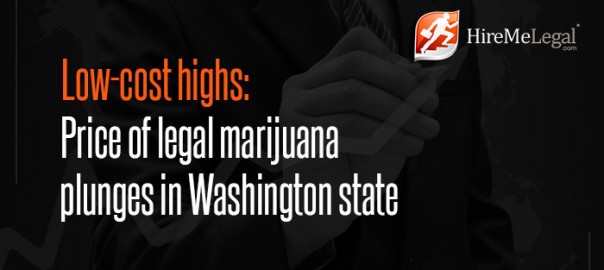
Residents and local administration officials in the northern Syrian town of Al-Hasakah rallied on Wednesday to protest against the illegal presence of 150 US troops in the Kurdish-controlled town of Rumeilan, Syrian SANA news agency reported.
“We are categorically against the impermissible and flagrant violation of our country’s sovereignty. We will not allow American boots on our soil. We are also against any plans for a division or federalization of Syria,” Al-Hasakah Governor Mohammad Zaal said during the meeting.
A similar rally had earlier been held in the neighboring town of Al-Qamishli.
The Syrian Foreign Ministry called the reported deployment of 150 US troops to Rumeilan airport in the northeast of the country “an unacceptable and illegal intervention” which came without authorization from the Syrian government.
On April 28, US President Barack Obama announced that Washington would “deploy up to 250 additional US personnel in Syria including Special Forces.” They are reportedly expected to train the Syrian Democratic Forces.
The White House asserts that the deployment of the Special Forces is intended to repel Daesh terrorists.
On Wednesday, about 150 US soldiers arrived in the Kurdish-controlled town of Rumeilan in northeastern Syria, according to a Kurdish security source. According to the source, part of the contingent immediately headed to the north of Raqqa province.
Meanwhile, a 28-year-old US Army officer has sued President Barack Obama over the legality of the war against the Islamic State (Daesh), questioning Mr. Obama’s disputed claim that he needs no new legal authority from Congress to order the military to wage the ever deepening mission, The New York Times wrote on Wednesday.
Captain Nathan Michael Smith, an intelligence officer stationed in Kuwait, voiced strong support for fighting Daesh but, citing his “conscience” and his vow to uphold the Constitution, he said he believed that the mission lacked proper authorization from Congress.
The legal challenge comes after the death of the third American serviceman in the fight against Daesh and as President Obama has decided to significantly expand the number of Special Forces members.
President Obama has argued that he already has the authority he needs to wage a conflict against the Islamic State under the authorization to fight the perpetrators of the terrorist attacks of September 11, 2001, enacted by Congress shortly after the attacks.
Source/Credit : http://bit.ly/1TNbCBF




















